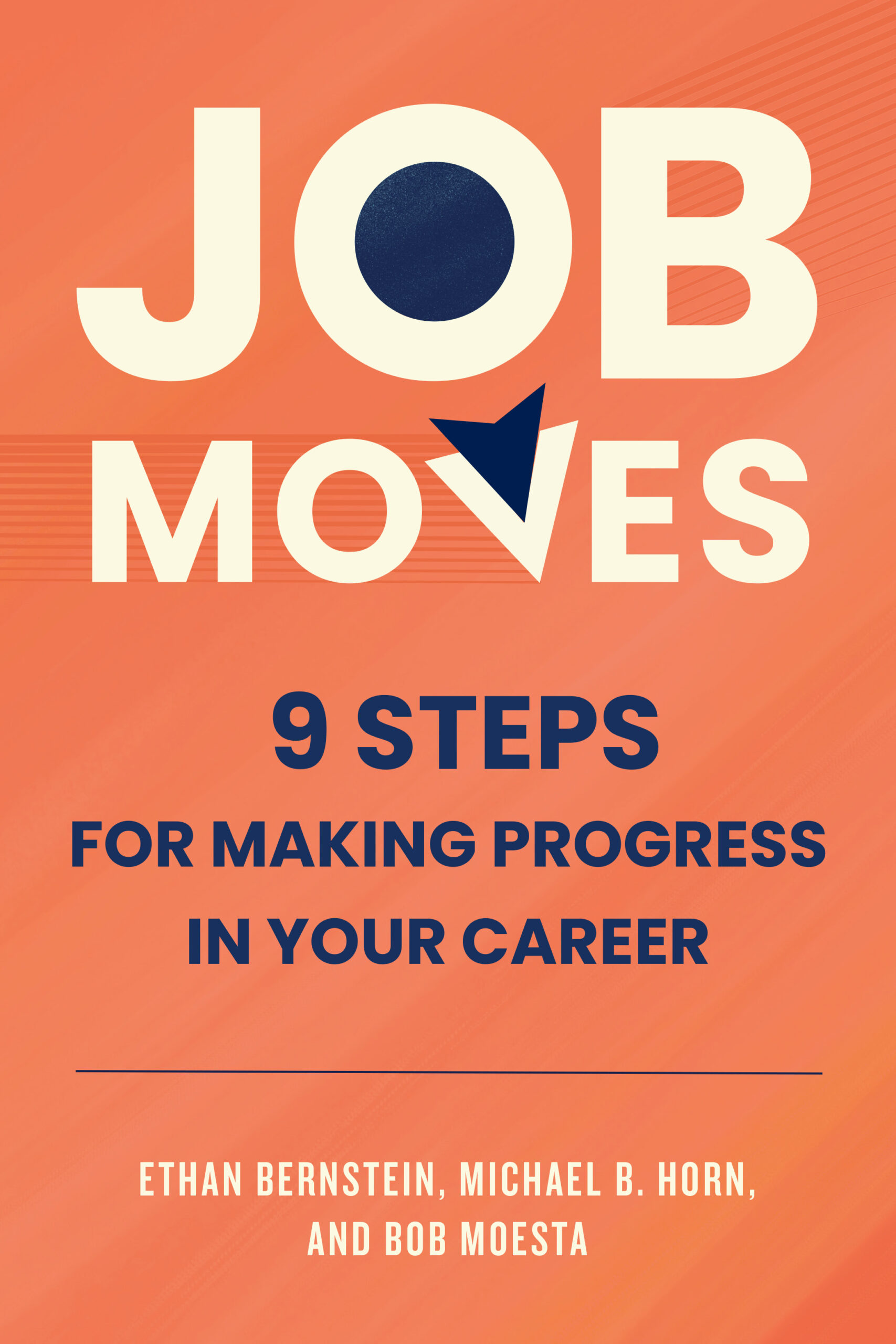In Choosing, and Paying for, College, Choice Has Benefits
By Jason D. Delisle
Choosing College: How to Make Better Learning Decisions Throughout Your Life
by Michael B. Horn and Bob Moesta
Jossey-Bass, 2019, $25; 304 pages.
Indebted: How Families Make College Work at Any Cost
by Caitlin Zaloom
Princeton University Press, 2019, $29.95; 280 pages.
As reviewed by Jason Delisle
American families face a daunting array of choices when pursuing and paying for a college education. That is partly why the “typical” undergraduate is nearly impossible to define: young adults attending a university full time and living on campus make up just a small share of today’s college-going population. What’s more, some students have begun to doubt that a college degree will pay off, given the high cost of tuition and the prospect of massive college debt. This hesitation is hardly irrational, since some colleges excel at promoting economic mobility while others leave many students with debt and no degree. Making the right choices about higher education—when to go, where to go, how to pay—feels more complicated than ever.
Two new books, Choosing College by Education Next executive editor Michael B. Horn and Bob Moesta and Indebted by Caitlin Zaloom, promise to help us understand the challenges families face in navigating this system—and ultimately improve consumer choice and perhaps the system itself. Only one of them, however, lives up to that promise.
Despite broad similarities in the books’ research focus and methodology (each is based on in-depth interviews with approximately 200 students and families) Choosing College stands out for how the authors present their findings. In large part, Choosing College reads like a self-help book for prospective students and their parents, a guide to exploring one’s authentic goals and reasons for attending college.

0 comments